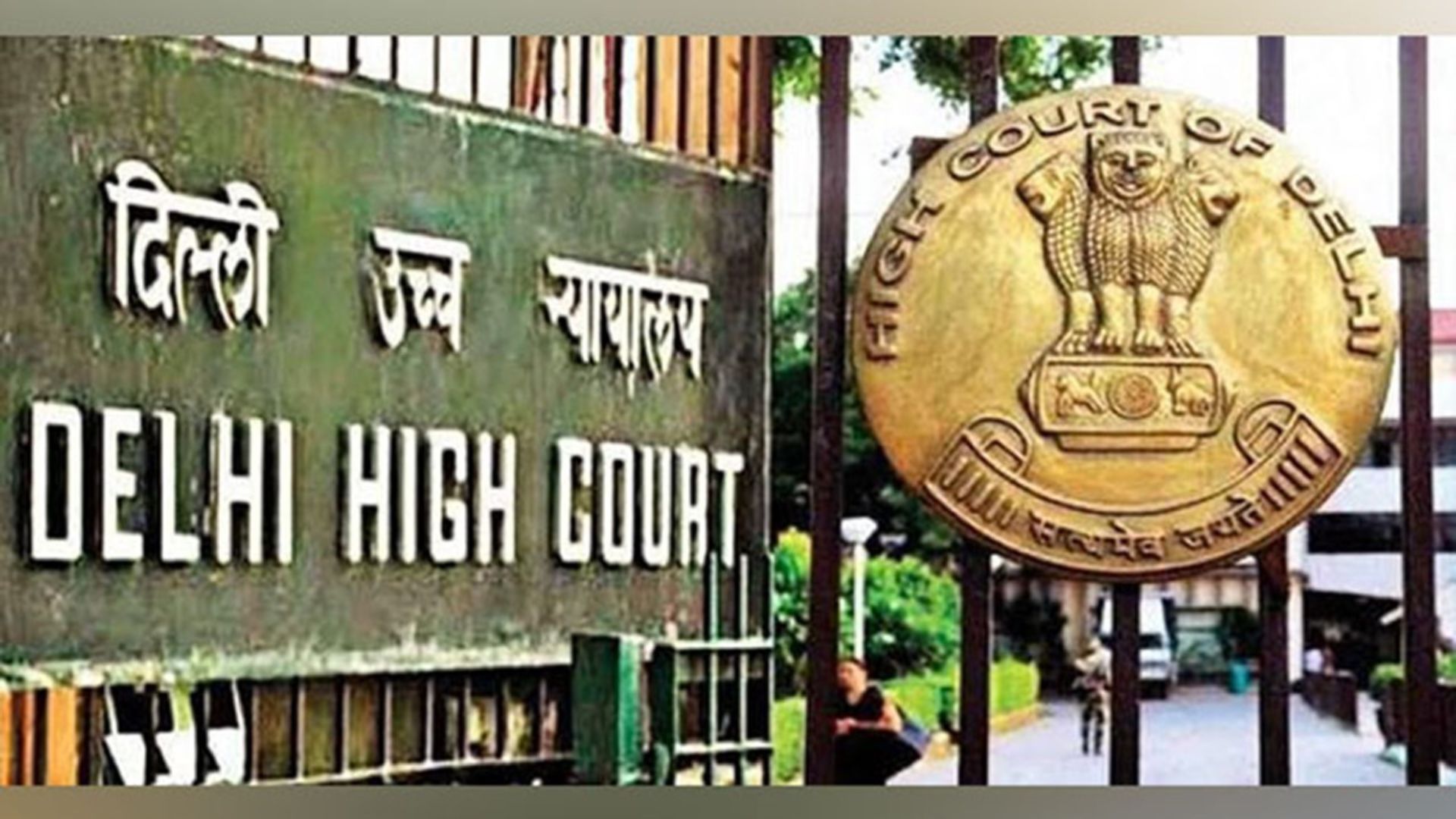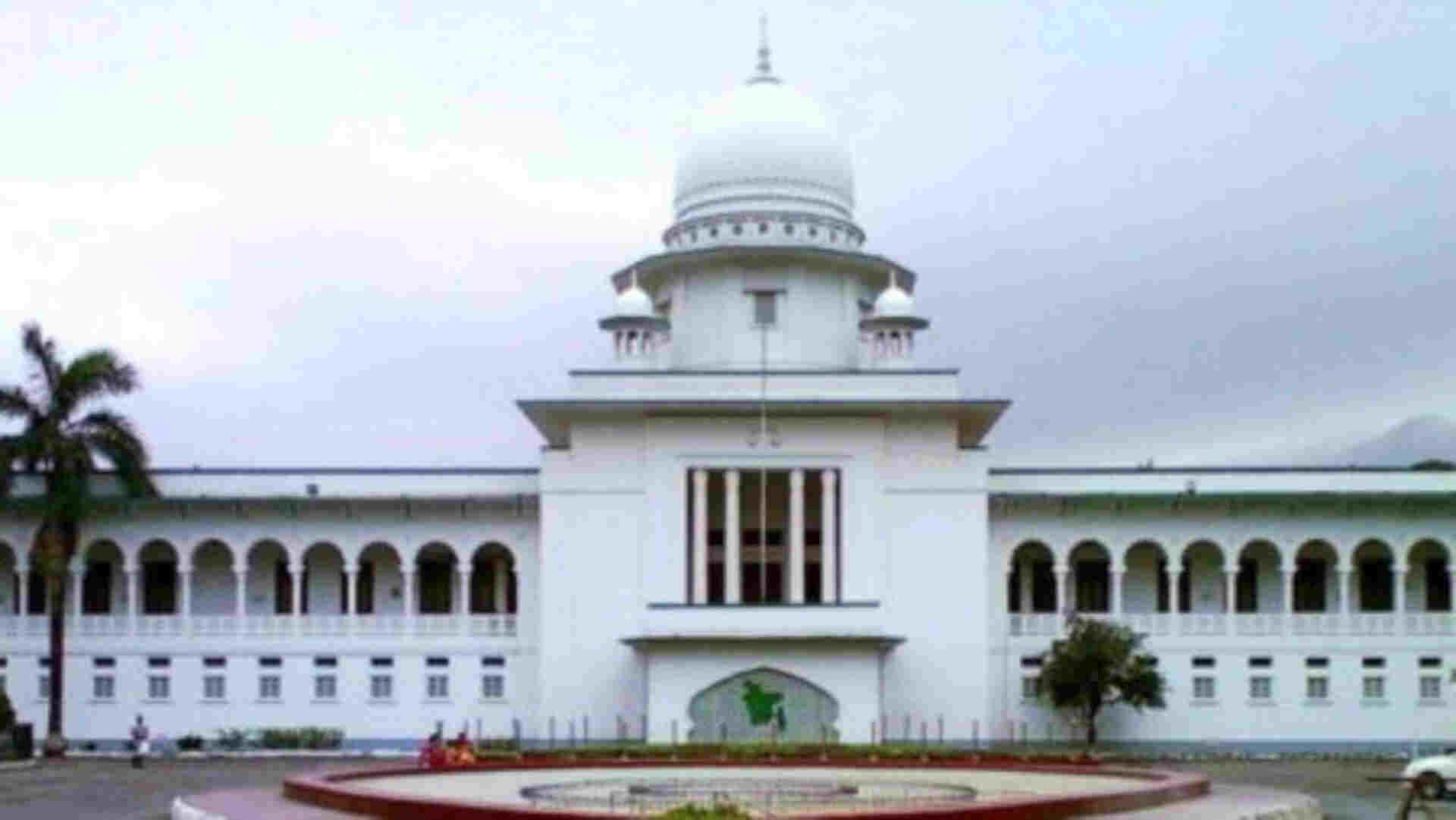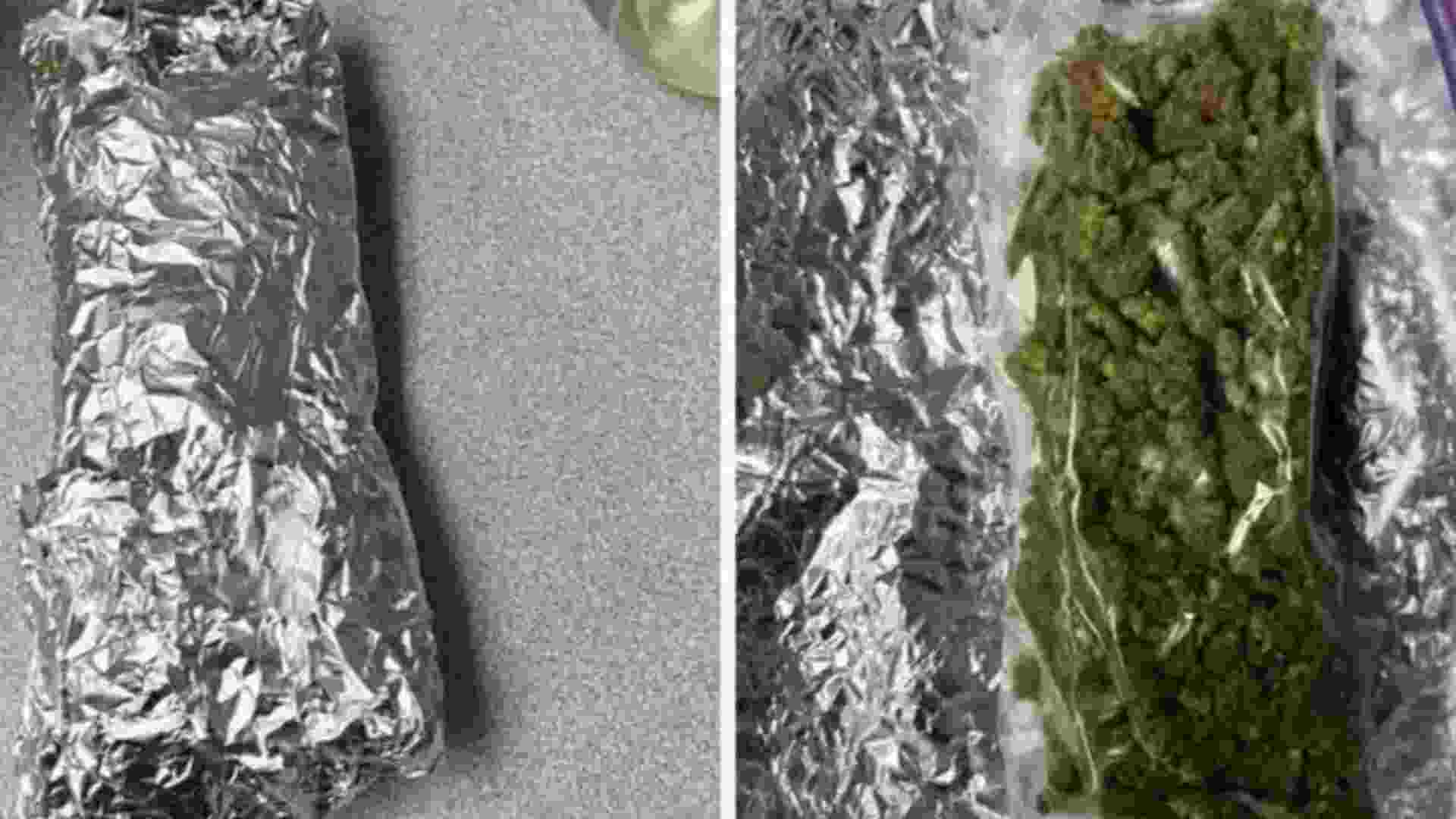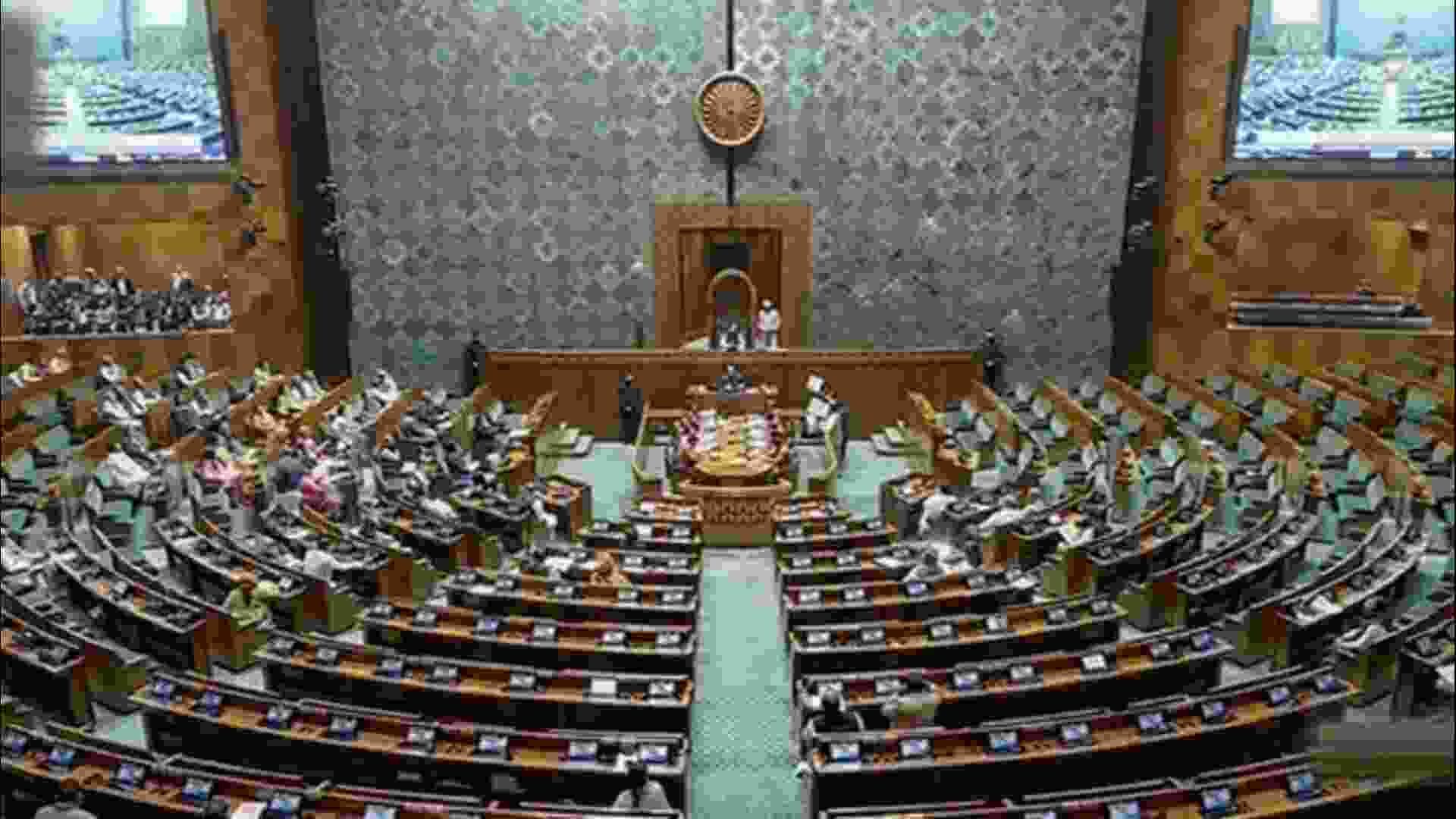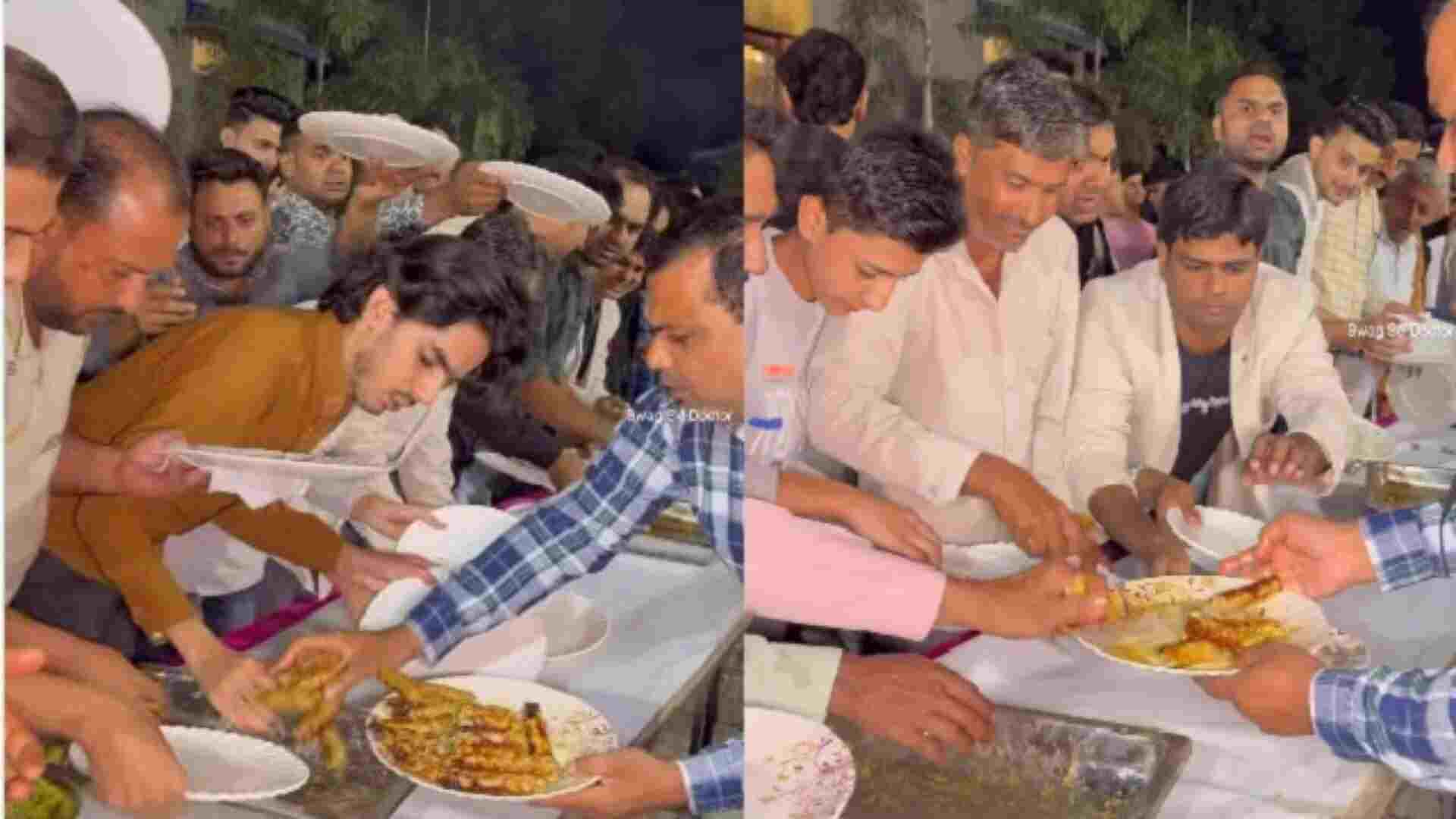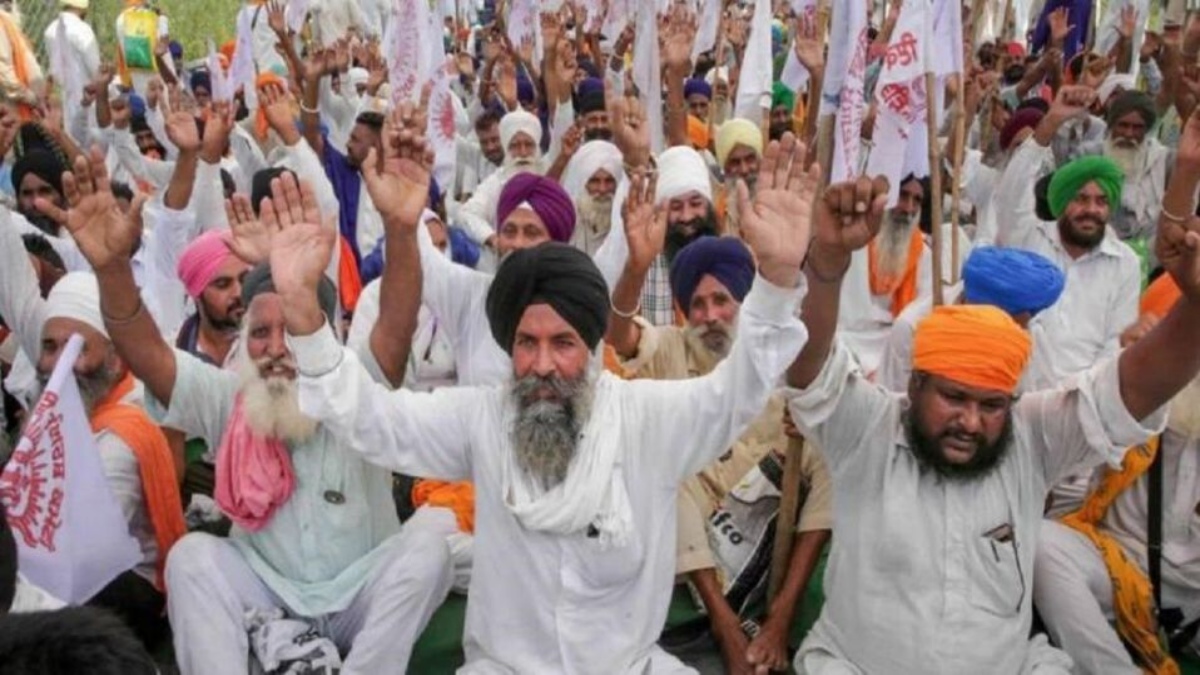
In anticipation of the farmers’ march scheduled for February 13 to the national capital, Delhi Police has invoked Section 144 of the Criminal Procedure Code in North-East Delhi and at the borders with Uttar Pradesh. Additionally, Section 144 has been enforced in Shahadara and Gandhi Nagar areas of the Capital, restricting large gatherings until March 11. The decision precedes the ‘Delhi Chalo’ march, organized by approximately 200 farmers’ unions, advocating for various demands, including a dedicated law for Minimum Support Price (MSP) and the withdrawal of cases filed against them during previous protests.
An official order issued by Delhi Police on Sunday justified the imposition of Section 144, stating, “In order to avoid any untoward incident and to maintain Law and Order, a precautionary Order of Section 144 Criminal Procedure Code, 1973, is required to be issued to save the lives and property in the area.” The order prohibits public gatherings in all areas on the UP border and nearby regions within the jurisdiction of the North-East district of Delhi Police, including the entry of vehicles carrying protestors from Uttar Pradesh.
The order explicitly stated that no person or protestor would be allowed to bear arms, and the North East District Police would take measures to detain individuals acting in contravention of this order, with penalties under Section 188 of the Indian Penal Code, 1860.
Elaborate arrangements are underway to seal the Punjab-Haryana borders in Ambala, Jind, and Fatehabad districts ahead of the planned ‘Delhi Chalo’ march. Delhi Police Commissioner Sanjay Arora visited the Tikri, Singhu, and Ghazipur borders, overseeing security measures and providing instructions to personnel on dealing with various situations.
Sources disclosed a request for central armed forces in these three border areas, with 1,000 to 1,500 Delhi Police personnel deployed in each region. The protesting farmers remain steadfast in their demand for legislation guaranteeing MSP, along with other requests such as the implementation of the Swaminathan Commission’s recommendations, pensions for farmers and farm laborers, farm debt waiver, withdrawal of police cases, and justice for victims of the Lakhimpur Kheri violence.


